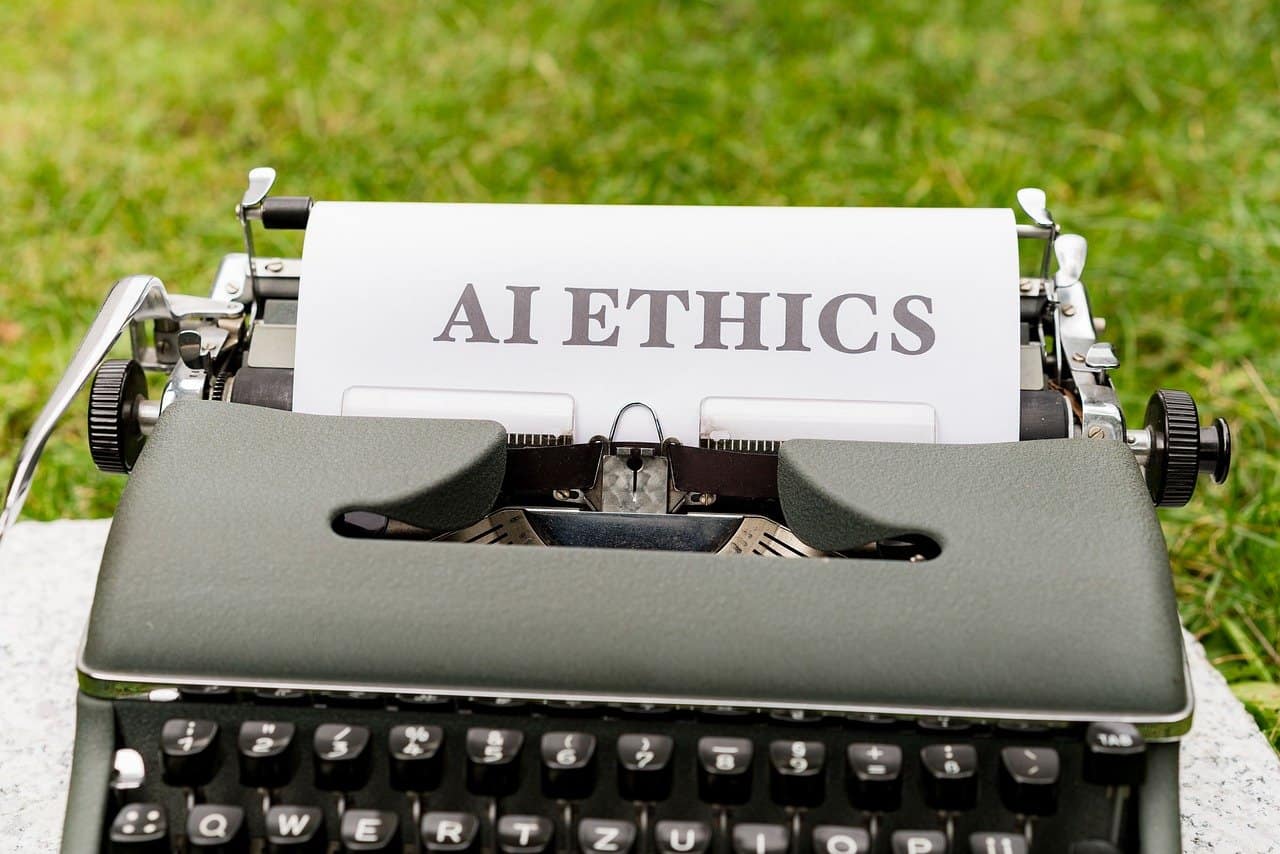AI for Everyone is a four part series exploring the development of AI and the impact it is having on business.
By Maryrose Lyons, Founder of the AI Institute.

Pictured: Maryrose Lyons, Founder the AI Institute
Artificial intelligence (AI) is transforming businesses of all sizes, bringing innovations in customer service, operations, product development, and more. However, implementing AI also introduces new risks around privacy, security, bias, and transparency that require thoughtful governance. That’s why every company, no matter its size, needs an AI policy to responsibly guide its adoption and use of these powerful technologies.
Why You Need an AI Policy
An AI policy provides clear guidance on acceptable and unacceptable uses of AI within your company. It builds trust with stakeholders by demonstrating your commitment to addressing AI’s emerging risks like unfair bias and lack of explainability. Key reasons you need a policy include:
- Mitigating risk – An AI policy helps you identify, assess, and mitigate risks from AI systems to prevent legal, ethical, and reputation harm. Things like unfair outcomes, security breaches, and loss of privacy can be better avoided.
- Building trust – Stakeholders like customers, employees, and business partners want to know you are properly governing AI use. A policy signals your commitment to transparency and responsible innovation.
- Guiding decisions – Your policy informs AI-related decisions around purchasing, development, deployment and more. It steers activities to align with your company’s values and risk appetite on issues like fairness, explainability, and data usage.
Your policy does not need to restrict innovation – rather, it can steer innovation in ethical directions aligned with societal expectations.
Key Components of an AI Policy
Your AI policy should cover:
- Principles – Outline the guiding AI principles your company will follow, like transparency, accountability, fairness and user privacy. These provide an ethical compass.
- Governance – Detail formal governance processes for overseeing AI systems from ideation to deployment and beyond. Specify roles like who selects, develops, and monitors AI.
- Risk assessment – Require AI efforts to undergo risk assessment for potential harms – detail how assessments will analyse fairness, bias, data usage, cybersecurity, legal compliance and more.
- Monitoring – Establish continuous monitoring processes to check deployed AI systems for divergence from expected performance levels across relevant risk areas – bias, accuracy, data security, etc.
- Transparency – Commit to appropriate levels of transparency for external stakeholders and those impacted around your AI systems’ purpose, limitations, data practices, risk assessments and more. However, protect IP.
- Training – Outline training requirements for teams working with AI on topics like ethics, cybersecurity, and privacy. Foster a culture of responsibility.
At the Ai Institute, we are strong on Ai Policy and reference the need for them in all of our courses. Right now, when you visit the website and sign up for the newsletter, you will receive a complimentary AI Policy template that you can download and alter for your own requirements.
The Bottom Line
Creating an AI policy aligns innovation with ethics and builds critical trust. While drafting and operationalising policies does require resources in the short term, it saves on regulatory, reputational and legal costs down the line. The time to build your governance foundations is now.
Maryrose Lyons is the Founder of the AI Institute, a thoughtful provider of Ai courses for everyone. Find out more: https://instituteofaistudies.com/
READ MORE:
AI for Everyone: ChatGPT, one year later
Will Generative AI Make or Break Democracy?
Over half of IT leaders in Ireland doubt AI capacity despite widespread adoption



